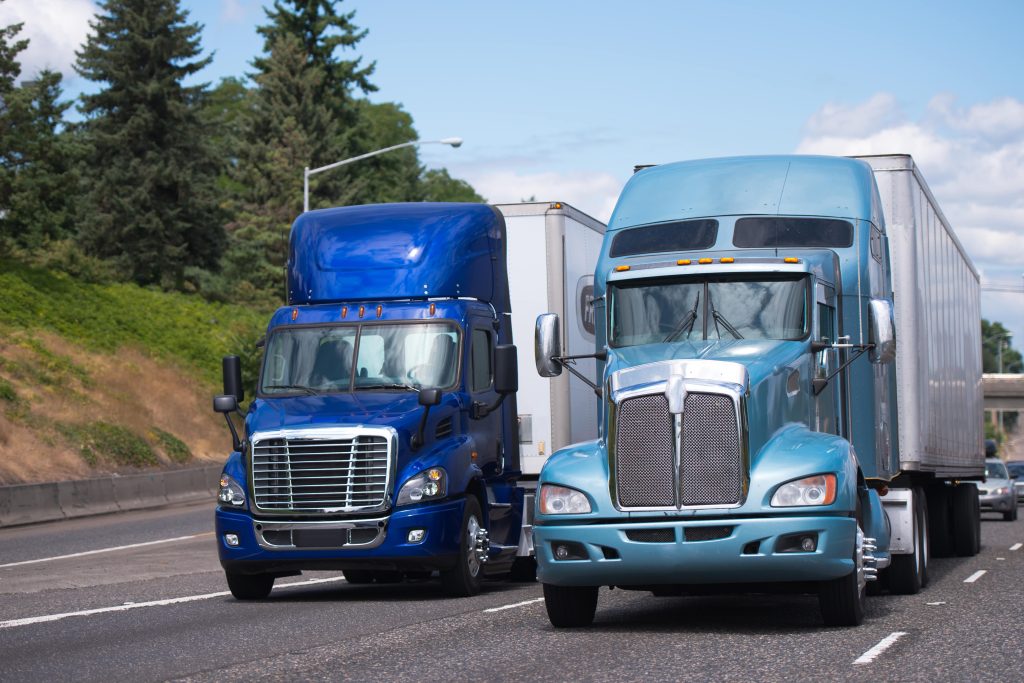 The National Highway Traffic Safety Administration (NHTSA) estimates that over twenty thousand people died in motor vehicle traffic crashes in the first half of 2022. Fatalities in crashes involving at least one large truck (gross vehicle weight rating of more than 10,000 lbs.) account for 14% of that total.
The National Highway Traffic Safety Administration (NHTSA) estimates that over twenty thousand people died in motor vehicle traffic crashes in the first half of 2022. Fatalities in crashes involving at least one large truck (gross vehicle weight rating of more than 10,000 lbs.) account for 14% of that total.
A Federal Motor Carrier Safety Administration (FMCSA) partnership involving State International Registration Plan (IRP) offices and Law Enforcement has improved highway safety by identifying and immobilizing commercial motor carriers that are prohibited from operating due to a Federal Out-of-Service (OOS) Order. TCG provided technical support to this program, named Performance and Registration Information Systems Management (PRISM).
FMCSA is an agency within the Department of Transportation (DOT) and the lead Federal agency responsible for regulating and providing safety oversight of commercial motor vehicles.
In the last year, states that fully participate in PRISM have demonstrated a:
- 9.8% reduction in fatalities involving all commercial vehicle crashes
- 20.4% reduction in all commercial vehicle crashes
OOS Orders may be issued due to improper vehicle maintenance, driver issues, or cargo and weight violations. Companies and drivers have various tactics to avoid safety compliance and fines, but the most prevalent, and perhaps most dangerous, is a chameleon carrier. Chameleon carriers are usually small trucking companies that have had too many safety violations and have caused too many trucking accidents. Instead of shutting down the business, these companies will change their names and “start” doing business as a brand-new company – but with the same drivers and the same trucks. When a driver or company tries to get a new DOT number under a new name, PRISM intercepts those for a specific large truck database that includes roughly five million license plates and driver histories. TCG provided support for the technical aspects of that data flow — with PRISM serving as a connection point between states and FMCSA.
More recently, FMCSA launched a Level-Up campaign to encourage states to implement these regulations for lower weight trucks, which populate about 25% of all trucks on the roads, in addition to heavy weight trucks. The biggest challenge with this campaign is implementing the changes to legislation to carry out these functions, so it will take time to pass these rules at the state level.
In the last year, Washington state, the only state to fully implement the Leveled-Up Expanded PRISM so far, had 391 more law enforcement roadside violations issued on the lower-weighted trucks. This is due to now having those vehicles available in the database for law enforcement to query and act upon.